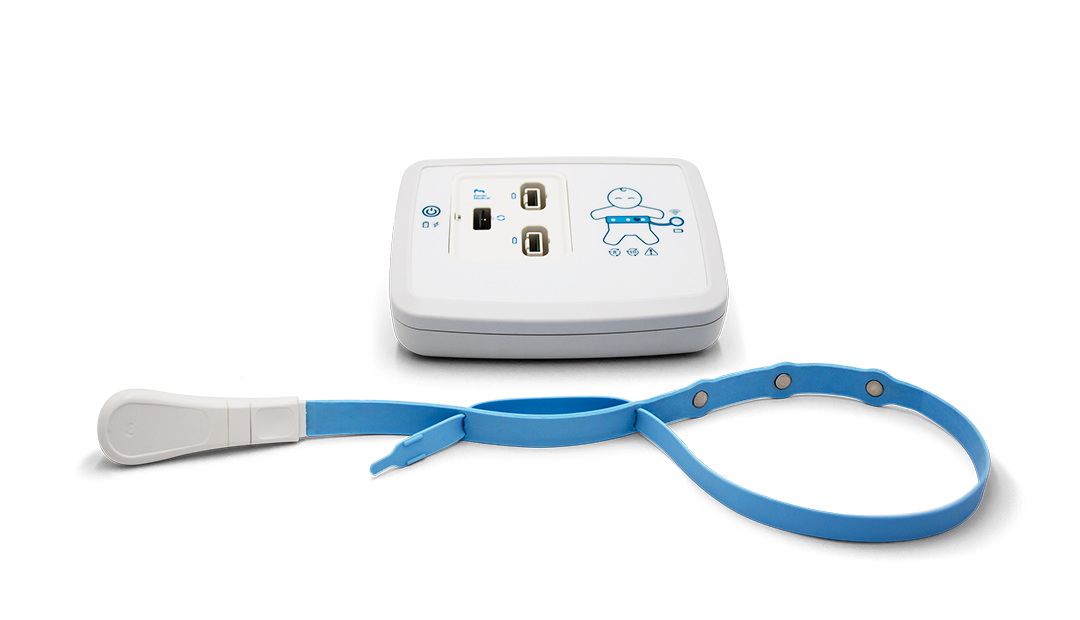Colloquium announcement
Faculty of Engineering Technology
Department Biomechanical Engineering
Master programme Mechanical Engineering
As part of his / her master assignment
Hernandez Garcia, M. (Mariana)
will hold a speech entitled:
Material selection process for flexible substrates in medical wearable device applications
| Date | 25-04-2023 |
| Time | 13:00 |
| Room | ZH 286 |
Summary
In the medical healthcare industry, there is a growing demand for physiological measuring wearable devices that can be mass-produced and incorporate flexible materials to enhance patient comfort. A current challenge in developing these devices is the proper selection of the substrate material due to the integration of rigid sensors and other electrical components. One of Benchmark Electronics’ clients, Bambi Medical, developed a vital signs monitoring wearable device with specific material requirements including biocompatibility, permeability for extended wear, flexibility and durability. The device monitors the heart rate and respiratory rate of babies with a single-use silicone belt placed below the ribcage. The liquid silicone rubber presented limited compatibility with the integrated metal sensors. This incompatibility can lead to delamination or cracking of the metal components.
The objective of this thesis is to develop a material selection tool that identifies viable alternatives to liquid silicone rubber, by conducting a thorough review of the existing literature on physiological sensors and flexible substrates. Based on the results of the research, a material database that included a range of filtered materials through a requirement screening is created with specified mechanical, chemical and physical properties. The weighted properties method is the quantitative tool for material selection. This involved assigning weights to specific material properties based on their relative importance in the wearable device application.
By using this method, the list of alternative materials was narrowed and the most suitable material for the application was selected. One of the top ranked materials was SBS, a thermoplastic elastomer that meets the pre-established requirements for a flexible substrate. This same material was evaluated with the study case baseline in properties and processability. Proving a feasible alternative for liquid silicone rubber to be manufactured with injection molding.
Assessment committee |
chair Signature d.d. |
|
| Prof dr.ir G.J.M Tuijthof Dr.ir R. Loendersloot Mark Grob |
(supervisor) (chair) (mentor from company) |
|
